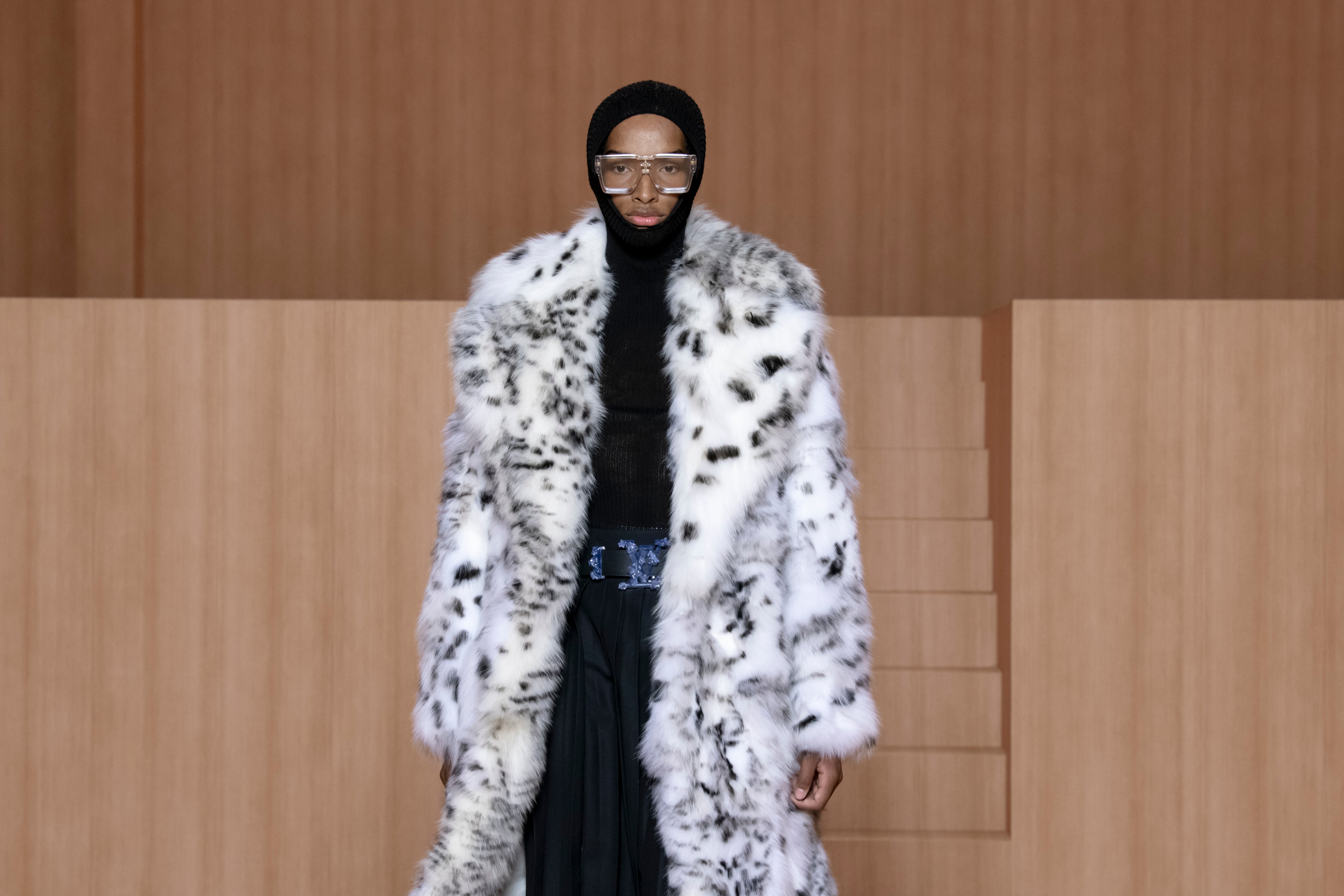Which luxury fashion brands still sell real animal fur?
With more fashion brands banning fur from their collections, which labels have yet to make the change?

Your support helps us to tell the story
From reproductive rights to climate change to Big Tech, The Independent is on the ground when the story is developing. Whether it's investigating the financials of Elon Musk's pro-Trump PAC or producing our latest documentary, 'The A Word', which shines a light on the American women fighting for reproductive rights, we know how important it is to parse out the facts from the messaging.
At such a critical moment in US history, we need reporters on the ground. Your donation allows us to keep sending journalists to speak to both sides of the story.
The Independent is trusted by Americans across the entire political spectrum. And unlike many other quality news outlets, we choose not to lock Americans out of our reporting and analysis with paywalls. We believe quality journalism should be available to everyone, paid for by those who can afford it.
Your support makes all the difference.Over the years, an increasing number of fashion houses have pledged to ban real animal fur from their collections.
Recent labels to make the change include Saint Laurent, Dolce & Gabbana, Gucci, Versace, Coach, and Prada, with many of them pledging to use faux fur alternatives in their collections.
Retailers have taken action too, with FarFetch announcing its pledge to be entirely fur-free as of December 2019.
Additionally, YOOX Net-a-Porter, Selfridges, and ASOS have introduced bans on fur in previous years.
Meanwhile, in 2018, London Fashion Week became the first major fashion week not to show any fur on its catwalk.
In 2021, luxury fashion conglomerate Kering, which owns Gucci, Balenciaga, Bottega Veneta, Alexander McQueen and Saint Laurent, took the decision to stop using animal fur across its brands as of the autumn/winter 2022 collections.
“For many years, Kering has sought to take the lead in sustainability, guided by a vision of luxury that is inseparable from the very highest environmental and social values and standards,” said François-Henri Pinault, Chairman and CEO of Kering.
“When it comes to animal welfare, our Group has always demonstrated its willingness to improve practices within its own supply chain and the luxury sector in general.
“The time has now come to take a further step forward by ending the use of fur in all our collections. The world has changed, along with our clients, and luxury naturally needs to adapt to that,”
That said, there are still a handful of luxury labels that have yet to ban real animal fur from their collections.
“Fur is stolen goods,” says PETA Director Elisa Allen. “All the biggest, most sought-after names in fashion, from Versace to Chanel, have dropped fur. Others must do the decent thing and follow suit or find itself left behind – because when it comes to fur, the tide has turned, and there’s no going back.”
In 2021, a report by global animal welfare organisation, Four Paws, assessed 111 brands across different markets, including Australia, on their commitment to animal welfare.
It found that Stella McCartney, which has been fur-free since its inception and is owned by LVMH, achieved the report’s highest score of 90 per cent.
However, the luxury sector fared poorly overall, with an average score of just 23 per cent.
“Our report shows that despite high community expectations for animal welfare, most fashion brands still know extraordinarily little of the conditions faced by animals within their supply chains,” said Jessica Medcalf, global corporate engagement manager in textiles at Four Paws.
“Brands talk the talk about caring for animals, but dig a little deeper and you’ll often find weak or patchy animal welfare policies or none at all.”
Here are some of the major brands that still sell fur:
- Dior
- Louis Vuitton
- Fendi
- Max Mara
- Harrods
- Alberta Ferreti
- Carolina Herrera
- Roberto Cavalli
For more information on how the fur industry is harmful to animals, visit Peta here or the Humane Society here.
The Independent has contacted Dior, Louis Vuitton, Fendi, Max Mara, Harrods, Alberta Ferreti, LVMH, Carolina Herrera and Roberto Cavailli for comment.
Join our commenting forum
Join thought-provoking conversations, follow other Independent readers and see their replies
Comments